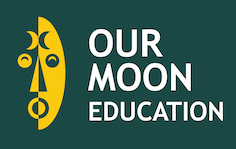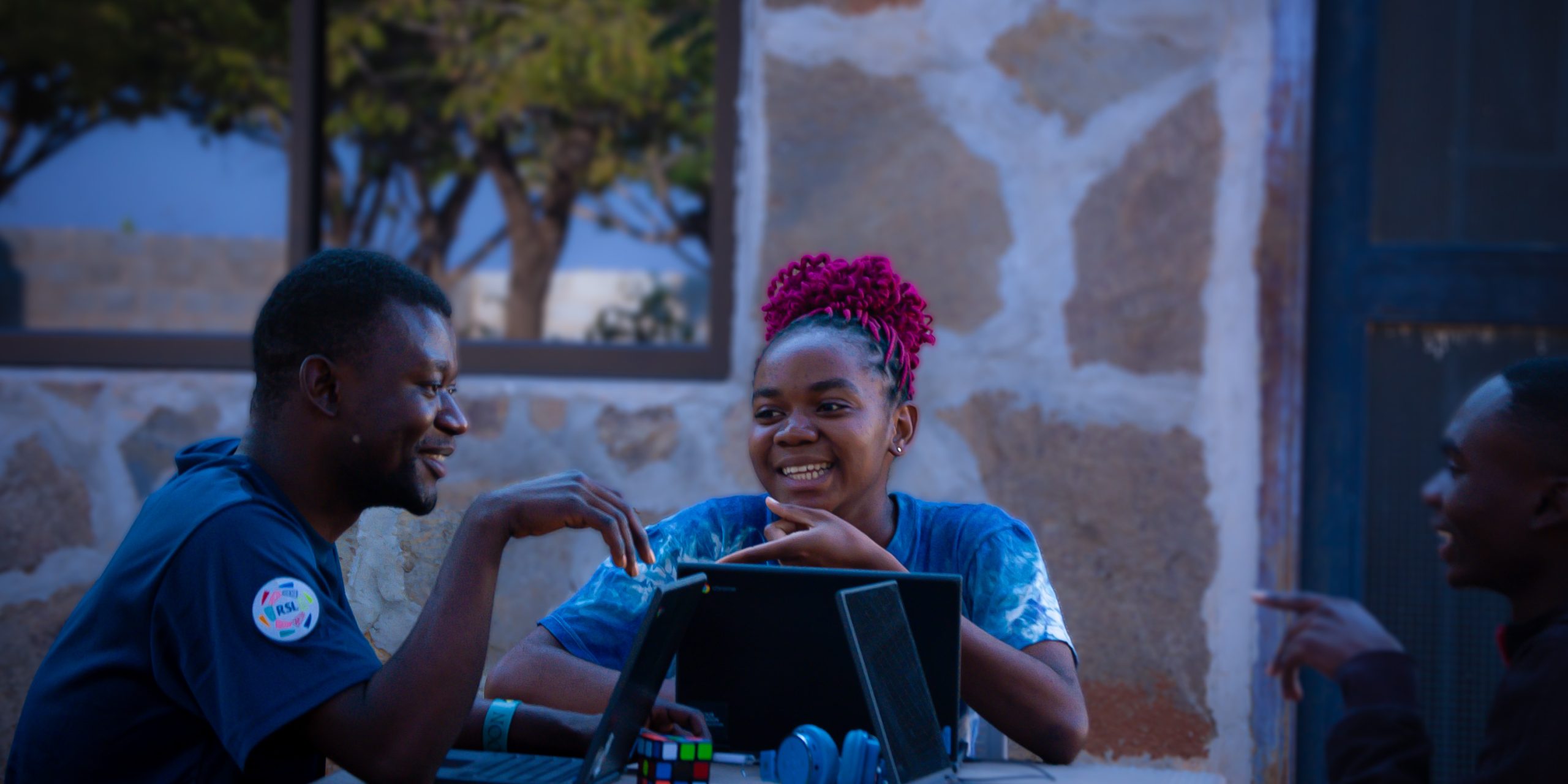We would like you to join us in celebrating Mercy’s offer to study at USIU in Kenya! Recently, Sarah Franklin, one of our volunteers, caught up with Mercy to find out what makes her tick.
Zambians aren’t exposed to many educational courses – most of us aren’t even aware of what choice is out there. If you are told that you are good at sciences, you are simply told to study engineering or medicine. Our Moon helped me realise that actually, I can do whatever I want to do with my grades and life!
Quick background: I come from a rural area of Mpika in Northern Zambia. When I was eight years old, my uncle in Lusaka invited me to stay with him, his wife and his growing family as they felt I would have more education opportunities. From that day, I have so rarely seen my mum and met one of my siblings only once.
Favourite School Subjects: Biology and the sciences, though I also enjoy extra-curricular activities like athletics, gardening and traditional dance.
Reflective Essay: As part of my programme at Our Moon, we are required to research a global issue of our own choosing and look at it within the Zambian context. My reflective essay focussed on the issue of food poverty and hunger. I investigated how crop rotation techniques used in sub-Saharan African countries can be implemented at Our Moon’s village, Chipansha. This has involved a lot of online research and I even got to meet with the leader of our village for the first time to learn from his experiences! He explained how people in our village know about crop rotation, but they are scared to try it because no one is there to encourage them. Farmers here can be ignorant about the benefits because they have grown up seeing their forefathers use fertilisers, so they believe that farming cannot be done without chemicals.
Hopes for future career: I have just been awarded a place to study for a degree in Epidemiology and Biostatistics at United States International University – Africa, based in Kenya. I have been awarded a full scholarship by MasterCard Foundation. I am particularly interested in finding solutions, both locally and across Africa, to the issues of hunger that I see many people – including my family – face every day.
When I first came to Our Moon, I was very sure that I wanted to study medicine with my good grades. However, Helen made me realise that every student who finishes Grade 12 in Zambia says that they ‘want’ to study medicine, but that very often it isn’t the case – we just aren’t made aware of what choices are out there. Zambians are not exposed to many educational courses. If you are good at sciences, you are simply told to study engineering or medicine – even our own university systems force us down that route. Our Moon helped me realise that I can do whatever I want to do with my grades and life! It’s a difficult decision to decide what to study as we are encouraged to study medicine or engineering, so our parents want to be able to say ‘my child is an engineer or doctor.’ My Mum wasn’t too happy when I said that I want to study agriculture, as it doesn’t have the same status as medicine.
In one of our lessons with Our Moon, we were introduced to climate change and food security in Africa. I decided that I’d like to try and help improve food security in Africa with climate change as a threat. Food is, and always will be, essential for everyone all around the world. Agriculture is an industry that we need, to fill stomachs and create jobs. I’d love to see more women working in agriculture too as many people think that agriculture is a course for men and I would like to prove differently!
Motivation to work hard: Myself and my family. I want to change my situation and how we are right now. I’m always looking at our community and thinking of ways that I can help to improve their lives.
Doing now: Apart from making sure my admission to USIU is complete, I am excited that I am going to spend a couple of weeks with my mum in my village. I have had very little time with her since I was eight years old, so it will be a very special time for me. I am taking some seeds so that she can plant a more diverse range of crops. I will show her how to tend the vegetables and teach her to be less reliant on chemical fertilisers, which will save her money and enable her to buy more seeds in the future.


